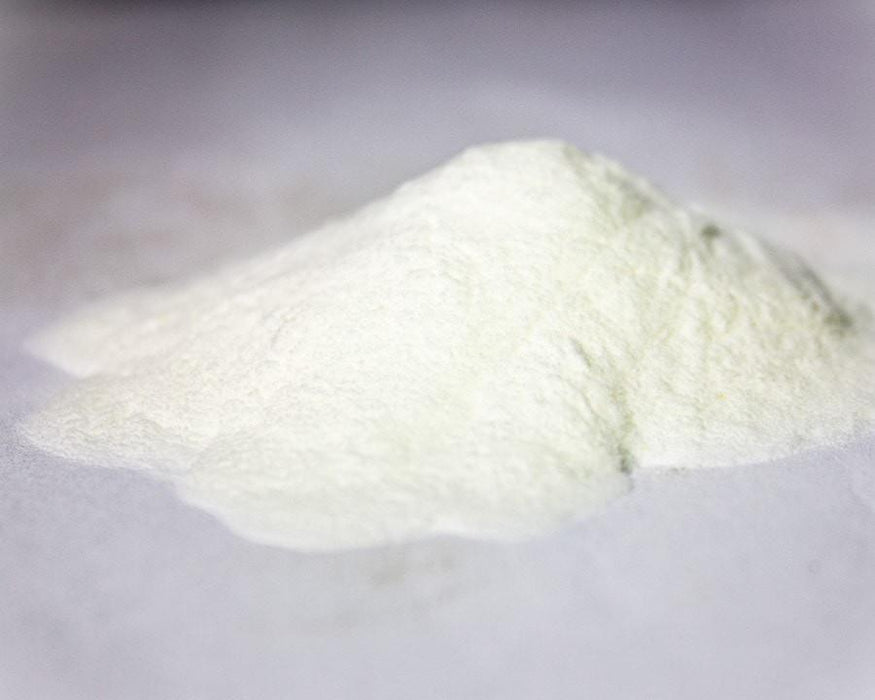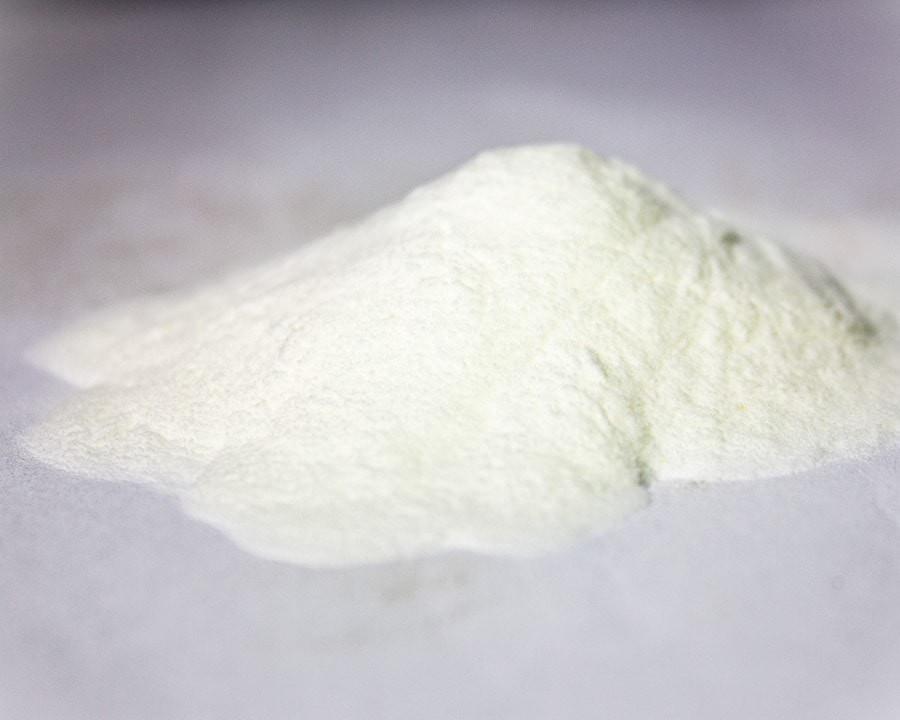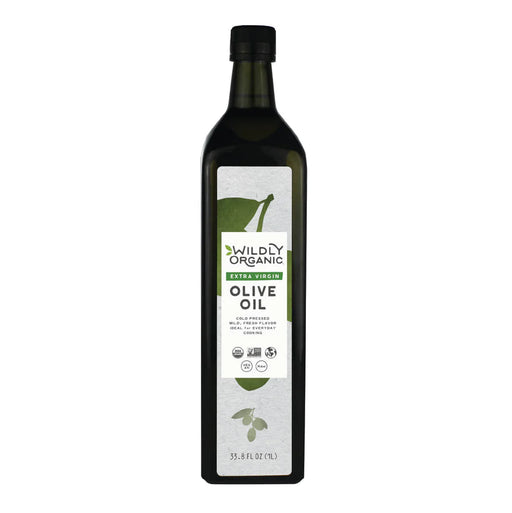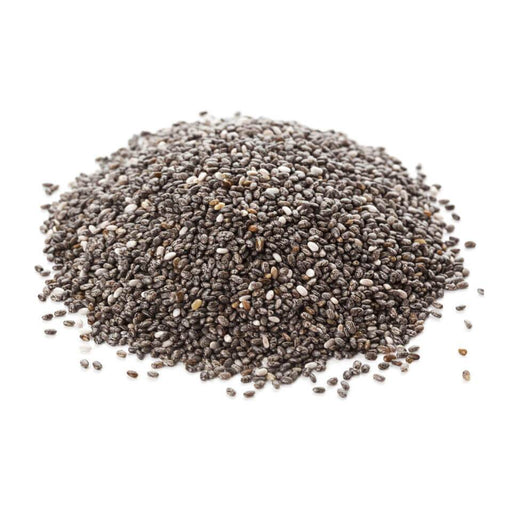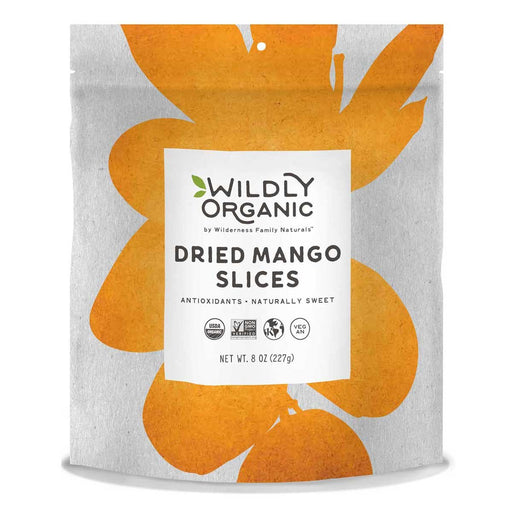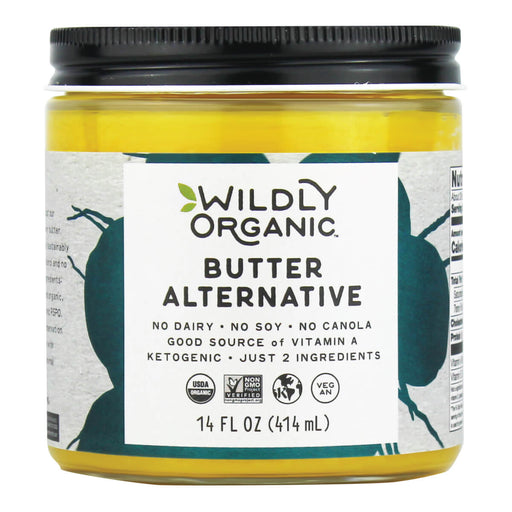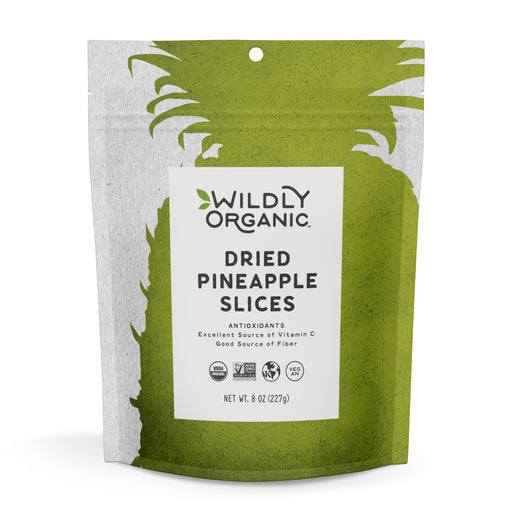Organic Inulin Powder | Prebiotic
Inulin, as it is "digested" by "friendly" gut flora converts to fructooligosaccharides (polysaccharides) and eventually these more complex substances are turned into simple sugars, until finally becoming acids of fermentation (also known as short chain fatty acids such as acetic acid, butyric acid and propionic acid). Energy for the cells lining the intestinal tract comes predominantly from these acids of fermentation/short-chain fatty acids.
Because inulin is a fiber, it has no real caloric value, meaning, it does not convert into calories or energy in the body. However, it is the benefits of fiber and the "feeding" of gut flora that make inulin a nice ingredient.
Wildly Organic by Wilderness Family Naturals' organic inulin has a neutral, clean, mildly sweet flavor. It is not nearly as sweet as sugar, but definitely enhances sweetness when added to foods. There are 10 grams of fiber in a one ounce serving.
How is Inulin used?
Inulin is an ingredient in a number of foods sold in stores near you. Here are some examples:- In dairy and non-dairy frozen desserts it is used to improve texture, produce greater satiety from the food, and provide the customer with a prebiotic.
- Fermented dairy and non-dairy foods such as yogurt and kefir oftentimes have inulin added to them for this very same reason. There are several manufacturers of coconut kefir and coconut yogurt who use our inulin in their products.
- Many snack bars also contain inulin for the same reasons: as a prebiotic and for satiety.
- Beverages and smoothies are another place inulin can be used. Inulin is highly soluble (even in icy cold water), and because it dissolves readily and is almost undetected by the consumer, it can be used to increase satiety and add as a prebiotic.
- Baked goods often have inulin added to them because of its water binding (humectant- the ability to hold moisture) properties as well as its prebiotic properties. Because of this, adding inulin helps baked goods turn out moister and softer.
- Inulin can also be added to confectionaries, pudding, non-dairy and dairy creamers, table syrups, other bakery items and baby food. Besides its prebiotic properties and effects on satiety, there is a light sweetness and a thickening that it brings. For all these reasons inulin is a common ingredient in low-fat desserts and diet foods.
- Hot or cold, raw or cooked, inulin can be added to almost anything. Most people eat a few teaspoons to a tablespoon per day, usually by adding it to the food or drinks they prepare.
